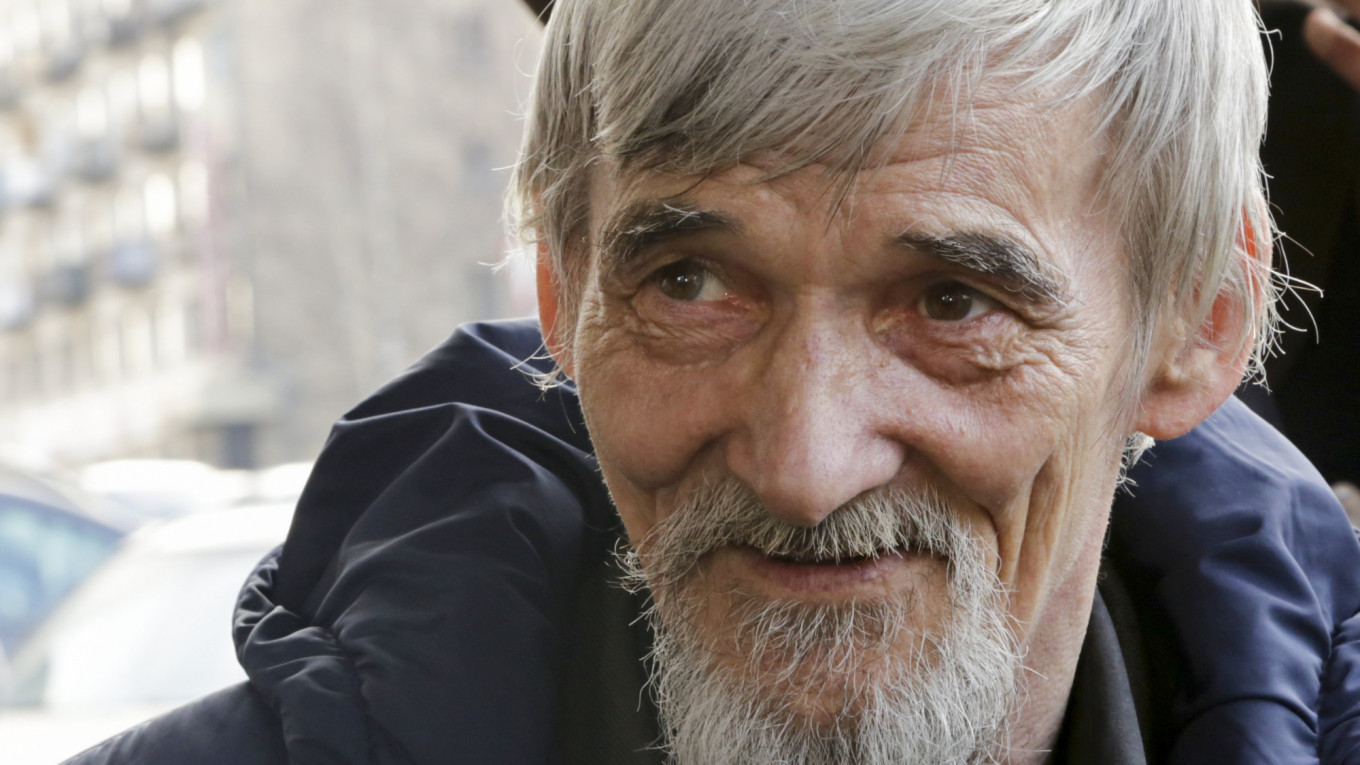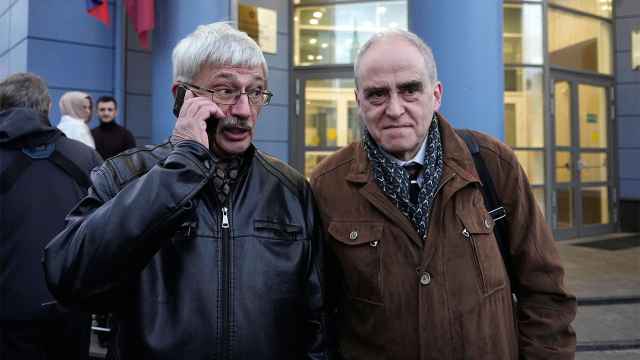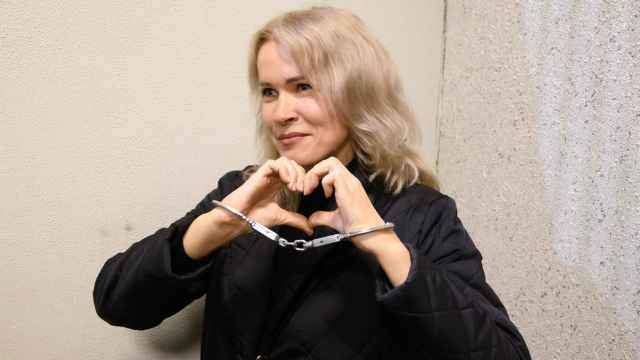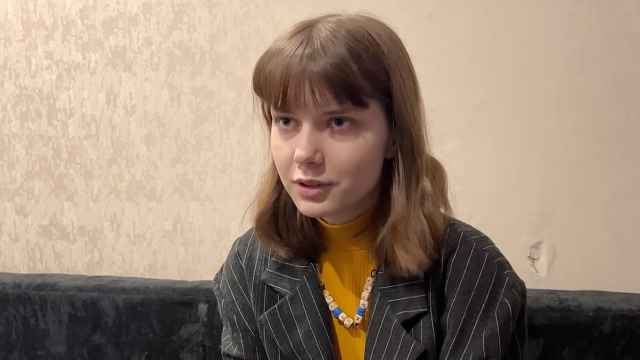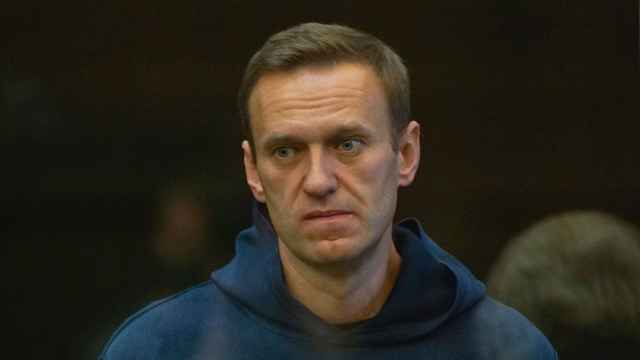Russian authorities are ramping up pressure on researchers and activists who oppose Moscow's historical narrative, especially concerning Stalin-era purges and collaboration with Nazi Germany, an international rights group charged Thursday.
The report published by the International Federation for Human Rights (FIDH) "comprehensively catalogues repressive acts related to historical memory" targeting historians, activists and journalists for their work on Russian history.
The Paris-based FIDH is echoing critics who say the Kremlin has sought to control the historical narrative through state propaganda and by intruding on the work of historians and activists with censorship and intimidation.
"The scale of persecution of history producers in Russia has already reached the threshold of 'crimes against history'," the report said.
The FIDH defined "crimes against history" as a "range of extreme abuses of history committed by authoritarian and totalitarian regimes."
The group pointed to the "criminalization of speech" through dozens of laws but also through the censorship of historical works and the refusal of public access to archives.
FIDH cited the case of Gulag historian Yuri Dmitriyev who was sentenced to 13 years in prison on a controversial child sex charge in 2020.
Supporters insist he has been targeted because of his research into Stalin-era purges, such as locating the mass graves of victims of the Great Terror.
The report also accused Moscow of failing to provide "material or symbolic" compensation to victims of Soviet-era crimes.
FIDH denounced the use of "propaganda" to push the regime's narrative through the establishment of patriotic institutions and the introduction of unified historic textbooks.
The report said the propaganda created a "climate of intolerance and fear among independent historians."
Since President Vladimir Putin came to power in 2000, the Kremlin has championed Russia's resurgence as a global power and glorified Soviet achievements such as the victory in World War II.
In the amended version of the constitution adopted last year, Russia is defined as the "successor" of the Soviet Union and must "protect the historical truth."
Russian officials frequently slam any "falsifications" of history, the destruction of war monuments and the defamation of veterans.
Earlier this week, lawmakers of Russia's lower house State Duma adopted legislation that bans publicly denying the "decisive role" of the Soviet people in defeating Nazi Germany.
To become law, the bill requires the approval of the upper house Federation Council and Putin's signature — both steps considered formalities.
A Message from The Moscow Times:
Dear readers,
We are facing unprecedented challenges. Russia's Prosecutor General's Office has designated The Moscow Times as an "undesirable" organization, criminalizing our work and putting our staff at risk of prosecution. This follows our earlier unjust labeling as a "foreign agent."
These actions are direct attempts to silence independent journalism in Russia. The authorities claim our work "discredits the decisions of the Russian leadership." We see things differently: we strive to provide accurate, unbiased reporting on Russia.
We, the journalists of The Moscow Times, refuse to be silenced. But to continue our work, we need your help.
Your support, no matter how small, makes a world of difference. If you can, please support us monthly starting from just $2. It's quick to set up, and every contribution makes a significant impact.
By supporting The Moscow Times, you're defending open, independent journalism in the face of repression. Thank you for standing with us.
Remind me later.


